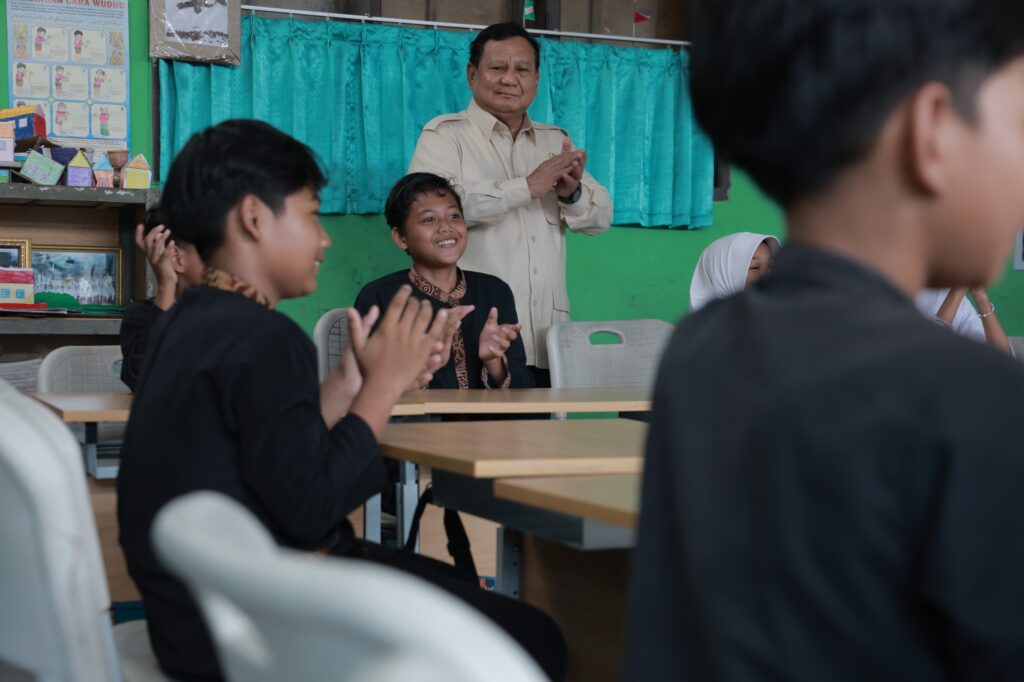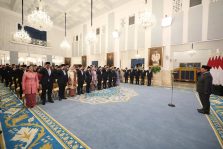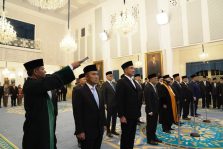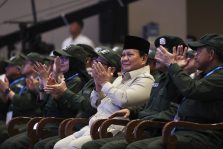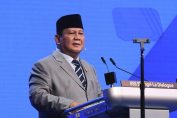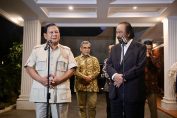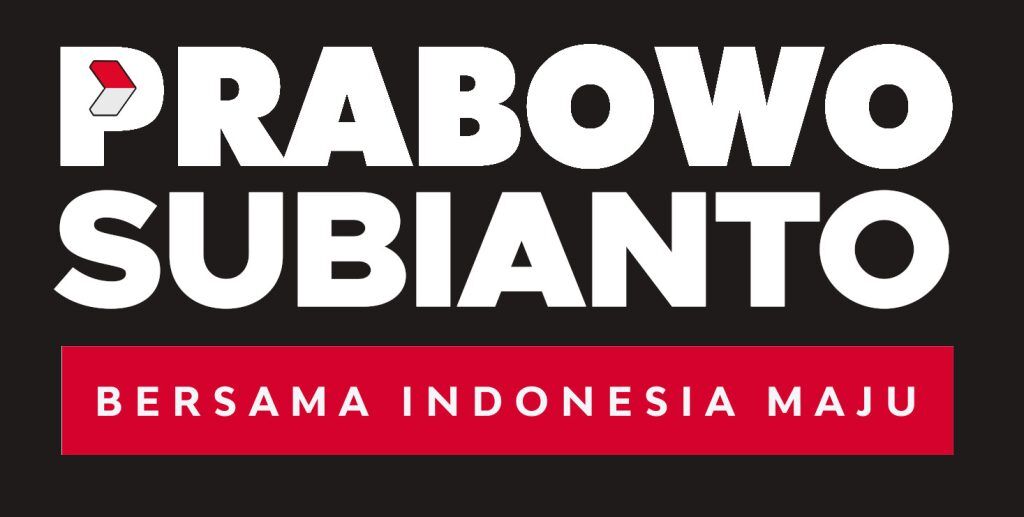Bogor — Indonesian President Prabowo Subianto emphasized that the Free Nutritious Meals (MBG) program is not merely a social welfare policy but a key component of a broader strategy to stimulate grassroots economic activity and reinforce the foundation of national education.
In his speech commemorating National Education Day 2025 at SDN Cimahpar 5 in Bogor on Thursday (May 2), Prabowo outlined the strategic importance of the initiative.
“I’m grateful that the Free Nutritious Meals program is well underway. Over 3 million children have already benefited. Our goal is to reach all 82.9 million targeted recipients—including children and pregnant women—by November 2025, with meals provided daily,” he stated.
According to Prabowo, the program is designed to create dual impacts: improving children’s nutrition to enhance learning outcomes and simultaneously boosting the local economy from the ground up.
“This initiative will also drive the wheels of the economy, increasing the circulation of funds by four to five times. A 400 to 500 percent increase—this is unprecedented. It’s an ambitious undertaking that demands strong will and determination. And we will deliver,” he declared.
The President explained that education cannot thrive in isolation from public welfare. In this context, the MBG program serves as a critical link between human capital development and real economic growth.
“Education is the pathway to a nation’s rise. We cannot become a prosperous or advanced country if our education fails,” Prabowo said.
He stressed that investing in the health and education of the younger generation is the foundation for building a more prosperous and competitive future.
“If we implement sound, rational management—where every rupiah is truly used in service of the people—I believe we can improve every school across Indonesia. That is our goal,” he affirmed.
The MBG program, which targets millions of children and pregnant women, is also projected to act as a major stimulus for small businesses and local agriculture, with large-scale, sustained demand for food supplies.
With a distribution system involving regional governments, cooperatives, and small and medium enterprises (SMEs), Prabowo is confident the economic benefits will be more evenly distributed, creating a multiplier effect for public welfare.
“We don’t want to continue with business as usual. We must leave behind the old mindset of kumaha engke (we’ll see later). Our spirit must be engke kumaha! (how can we get it done!). Let’s reject the attitude of ‘just wait and see, leave it to the boss.’ We must act swiftly and decisively,” he concluded.

